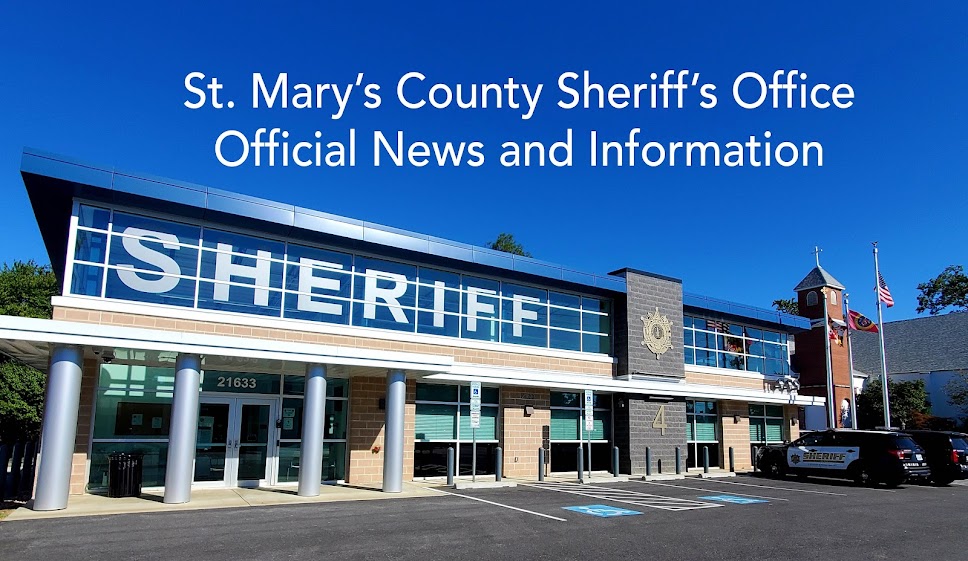Recently, the SMCSO has been receiving an influx of calls from residents warning of scammers claiming to represent the Internal Revenue Service (IRS). The scammers claiming to be from the IRS tell intended victims they owe taxes and must pay using a pre-paid debit card, money order, or a wire transfer. The callers threaten those who refuse to pay with being charged with a criminal violation, a grand jury indictment, immediate arrest, deportation or a loss of a business or driver’s license. The Sheriff’s Office warns the threat is an immediate sign scammers are calling, and you should hang up immediately.
The Treasury Inspector General for Tax Administration (TIGTA) has received reports of more than one million contacts since October 2013 and has become aware of over 5,500 victims who have collectively paid approximately $29 million as a result of the scam in which criminals make unsolicited calls to taxpayers fraudulently claiming to be IRS officials and demanding that they send cash via prepaid debit cards, money orders or wire transfers from their banks, according to the TIGTA website.
Here’s what residents need to know, the IRS generally first contacts people by mail – not by phone – about unpaid taxes and the IRS will not ask for payment using a prepaid debit card, a money order or a wire transfer. The IRS will also not ask for a credit card number or your bank information over the phone.
If you get a call from someone claiming to be with the IRS asking for a payment, or your credit card or bank account information, here’s what to do:
• If you owe Federal taxes or think you might owe taxes, hang up and call the IRS at 800-829-1040. IRS workers can help you with your payment questions.
• If you do not owe taxes, fill out the “IRS Impersonation Scam” form in TIGTA’s website, www.tigta.gov or call TIGTA at 800-366-4484.
• You can also file a complaint with the Federal Trade Commission at www.FTC.gov. Add “IRS Telephone Scam” to the comments in your complaint.
The SMCSO encourages taxpayers to be alert to phone and email scams that use the IRS name. The IRS will never request personal or financial information by email, text, or any social media.

